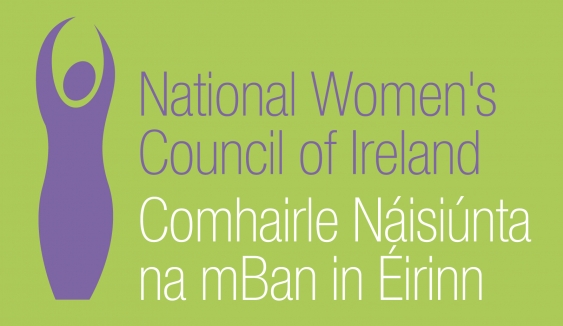Coalition to Protect the Lowest Paid
Published: Sunday, May 22, 2011

Strengthening the JLC System is the way forward
Slashing the incomes of the lowest-paid workers will not help to create jobs
The Coalition to Protect the Low Paid is calling on the Minister for Enterprise, Jobs and Innovation, Richard Bruton, TD, to formally release the review of Joint Labour Committees (JLC) and Registered Employment Agreements carried out by Labour Court Chairman Kevin Duffy and UCD Professor of Economics Frank Walsh that was reported on today in the media.
"It is impossible to respond in an informed way to these preliminary reports without knowing the full detail of this review," says Bill Abom of the Migrant Rights Centre Ireland. "However, the reported finding that the JLC wage setting mechanism should be maintained to protect reasonable employment standards for vulnerable workers is welcome. We would agree that the terms and conditions set by JLCs, agreed between worker and employer representatives in a fair manner, establish very basic provisions which are reasonable in sectors where workers need and deserve greater protection. The JLC mechanisms now needs to be strengthened in light of this review."
Mr. Abom says, "In addition, the reported finding that abolition of JLCs would not lead to job creation reinforces what our Coalition has been saying from the beginning. There is no economic or moral justification for cutting the wages of the lowest-paid workers in the economy who are struggling to support themselves and their families. Despite the ferocious attacks to JLCs being led by various industry groups like the Restaurant Association of Ireland, IBEC and others, this finding explodes the myth that cutting the wages of the lowest paid will help create jobs."
According to Susan McKay, Director of the National Women's Council of Ireland cuts to JLC agreements would slash the household budgets of tens of thousands of the lowest paid working families across Ireland - families that are already struggling to make ends meet, even more so with the additional charges and levies being taken from their weekly pay cheques. Ms. McKay said, "It would disproportionately impact on women, who represent a majority of the workers in the low-paid sectors covered by JLCs. It will also push more onto social welfare supports. This is the direct opposite of what we need to be doing to rebuild our economy and society. Based on preliminary reports, I think the review acknowledges that."
"Any attempt to reduce wages and weaken terms and conditions set by JLCs will damage standards in vital work sectors like cleaning, security, agriculture," stated Ethel Buckley of the Fair Deal for Cleaners Campaign in SIPTU.
"Protecting the terms and conditions of low waged workers will help boost consumption which in turn will protect jobs, promote competiveness and assist struggling businesses," said Michael Taft, Research Officer with UNITE.
Andrew McLaughlin a college student and retail worker, "My future depends on getting through college. I work every Sunday and need this income to pay all my bills and to survive. "
According to John Douglas, General Secretary Mandate, "Minister Bruton should be looking to avoid further jobs losses by protecting the incomes of the lowest paid workers, and to consider other options to address the constraints being faced by small and medium enterprises such as tackling the fixed costs of rent and rates that are impacting businesses."
The Coalition to Protect the Lowest Paid includes UNITE, SIPTU, MANDATE, Migrant Rights Centre Ireland, The Poor Can't Pay Campaign, The Community Platform, The National Women's Council of Ireland and the European Anti-Poverty Network - Ireland.
